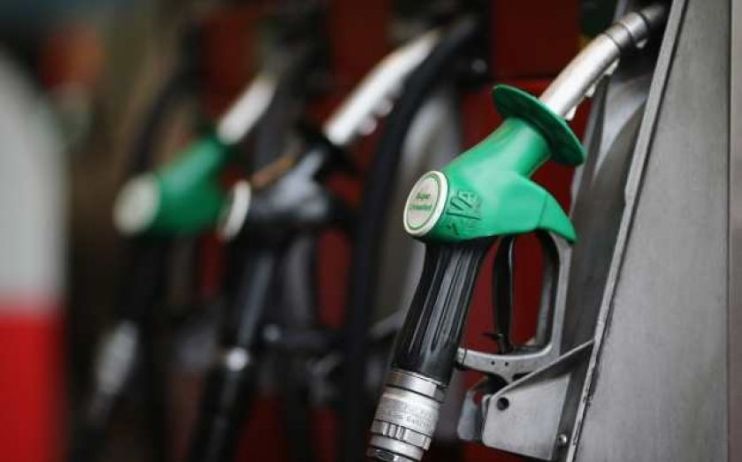Rising oil prices won’t derail fight against inflation, experts reckon

Inflation is likely to continue on its downward trajectory despite a recent surge in oil prices, experts told City A.M.
Oil prices have rallied more than 10 per cent this month after Saudi Arabia and Russia extended unilateral supply cuts to the end of the year. At over $96, a barrel of Brent Crude is now at its highest level since July last year.
With inflation now beginning to fall in many advanced economies, concerns are being raised that higher oil prices might bring about an uptick in inflation.
Higher oil prices both increase operating costs for businesses and also have a direct impact on petrol prices at the pump.
Capital Economics estimated that petrol prices in the UK will rise to about £1.60 per litre by the end of September having sat at around £1.40 in July. The most recent inflation figures showed a 3.8 per cent increase in petrol prices despite the headline inflation rate falling to 6.7 per cent.
Inflation in the US meanwhile climbed to 3.7 per cent annually on the back of higher energy costs. On a monthly basis inflation rose 0.6 per cent, the fastest rate of increase since May 2022.
Tom Hopkins, portfolio manager at BRI Wealth Management, said rising oil prices could “add further complexity” to the headline CPI figure.
But he said it was unlikely to derail efforts to bring inflation back under control.
“We don’t anticipate the recent surge in oil prices will be sustainable in the long run because a weakening economy and political pressure to boost supply will help bring oil prices down,” he said.
Senior market analyst at Oanda Craig Erlam said there was a question as to whether Saudi Arabia and Russia will extend output cuts or allow them to expire “considering where prices now are”.
Even if inflation were to rise slightly, Frédérique Carrier, head of Investment Strategy for RBC Wealth Management, suggested that interest rates would be unlikely to climb significantly in response.
“Central banks typically focus on measures of inflation which exclude food and oil prices, or core inflation. That is because they recognise they can’t do much to influence them,” she said.